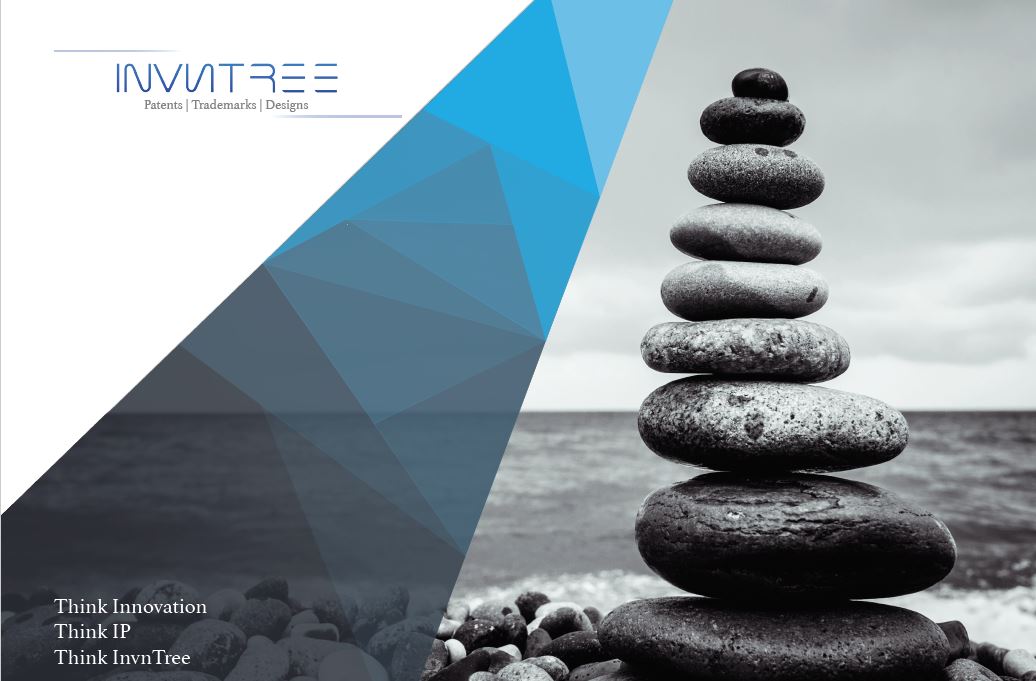Translation of literary work and copyright protection

Section 14 of the Copyright Act (‘Act’) includes the exclusive right of authors to either make a translation of literary work, or authorize to make any translation or adaptation of the work, reproduce the work, issue copies, perform and make cinematographic films/sound recordings. Translations are secondary or derivative works. The derivative work becomes a second, separate work independent in form from the first, provided the transformation, modification or adaptation of the secondary work is substantial to be protected by copyright. However, if a copyright in the original work persists, only the author of the original copyrighted work has the right to authorize or grant a permission/license to the author of the derivative work i.e. a translation of the original work.
On February 8, the Bombay High Court passed an interim injunction to restrain distribution of a translated version of the Bhagavad Gita by Thomson Press.
History and Facts
Plaintiff, Bhaktivedanta Book Trust (“BBT’) holds the copyright in the translation of the Bhagwat Gita under the title “Srimad Bhagvatam” which is a reprinted version of the Bhagavad Gita. There are copyright registrations issued to the Plaintiff. Plaintiff had alleged Defendant, Thomson Press of reprinting a ‘classic’ version of Srimad Bhagvatam, a translation in which the Plaintiff held copyright. The Plaintiff's representative took photographs of the work being reprinted. The odd thing about this reprint is that it does not even claim to be an independent copyright. It is in fact, a reprint and a reproduction of the Plaintiff's work because it says it is a “classic edition of Srimad Bhagavatam”, which in reality is the Plaintiff's work. Defendant Thomson Press claimed having a license agreement for the publication of this work and several other works with the Plaintiff, which was not true and no such evidence of license agreement existed.
Order
The Bombay High Court had passed an interim order and stated that this order will operate till 22nd March 2017. The Court, in its order had ruled that the Defendants, by themselves, partners, distributors, dealers, stockists, servants, subordinates, representatives, agents, licensee, and all other persons claiming under them, be restrained from printing/publishing using any means such as reproducing, displaying, advertising, exporting, selling, offering to sell and promoting impugned works in any manner, which violates and infringes copyright of the plaintiff in their work of Srimad Bhagavatam.
Read the order here
We hope you found this article informative. Feel free to contact us if you have any comments or queries.
Please feel free check our services page to find out if we can cater to your requirements. You can also contact us to explore the option of working together.
Best regards – Team InvnTree
This work is licensed under a Creative Commons Attribution-NonCommercial 3.0 Unported License

 Follow
Follow



Leave a Reply